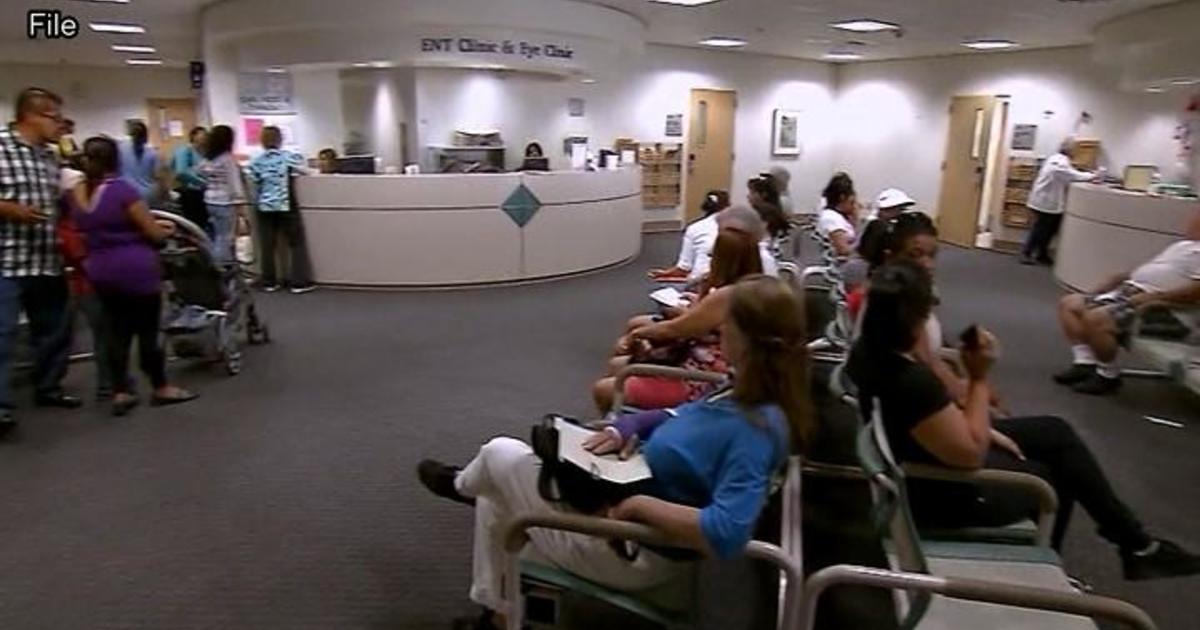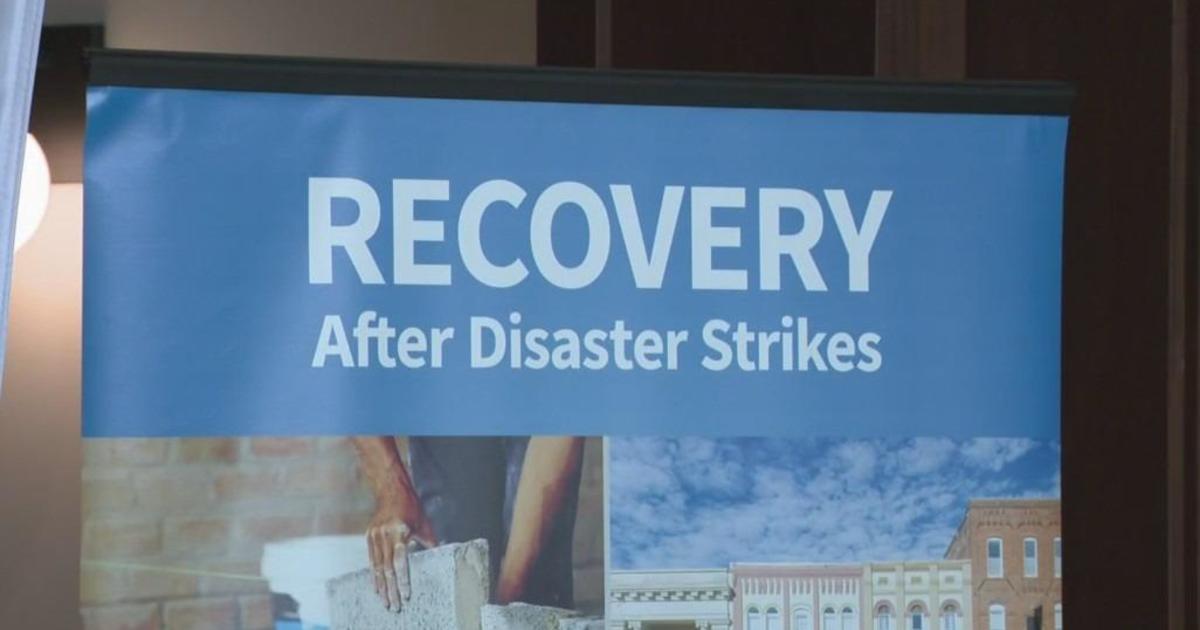How Sleep Apnea Can Affect Your Diabetes Risk
Did you know sleep apnea can increase your diabetes risk?
Many people dismiss the correlation between sleep apnea and diabetes. Some believe it to be primarily a body weight issue. But studies have shown that more so than weight, the severity of the sleeping disorder can elevate someone with sleep apnea's risk of developing diabetes, says Pamela Xenakis, a registered dietitian and certified diabetes educator at Carroll Hospital.
"One of the things the body does when we don't get good sleep is release stress hormones during the day. When you don't sleep well, and when morning comes and we have to get up and function, our body releases all of these catecholamines, or stress hormones, to keep us awake," Xenakis says. "The problem is that these hormones interfere with how our body uses insulin. So, it's going to cause us to need more insulin to get through the day than we normally would require, which causes more stress on our pancreas, which over time can lead to diabetes."
Thirty percent of patients with severe sleep apnea develop Type 2 diabetes, Xenakis says. Conversely, she says, about half of all people with diabetes have sleep apnea, a link that's unrelated to body weight.
Poorly controlled sleep apnea can adversely affect glucose control. "It doesn't seem like controlling your diabetes makes your sleep apnea any better. But controlling your sleep apnea can really make your diabetes control much better," Xenakis says.
Adds Amit Narula, D.O., medical director of Carroll Hospital's Sleep Disorders Center: "How severe your sleep apnea is, how severe your oxygen drops are, how many times you wake up from deep to light sleep, these all impact our glucose metabolism and insulin resistance."
Sleep apnea and diabetes can also compound one's risk of developing heart disease, Xenakis says.
But while sleep apnea and diabetes are serious, interrelated conditions, they also are common, easily recognized and treatable. It's important that people with diabetes stay on top of managing their disease and consult their primary care doctor regularly because "diabetes is progressive over time and sleep apnea can make it more so," Xenakis says. You should also ask your doctor about which medications can best help you control your diabetes, as certain meds target glucose levels better at different times of the day. Sleep apnea treatment with CPAP (continuous positive airway pressure therapy) can potentially improve glucose metabolism and diabetic control, Narula says.
Our experts at the state-of-the-art LifeBridge Health Sleep Centers treat a wide range of disorders that can deprive a person of a good night's rest, sleep apnea included. We also offer outstanding diagnostic and treatment services for diabetes at our endocrinology centers at Northwest at Sinai hospitals, as well as support services such as the LifeBridge Health Diabetes Support Group and programs at Carroll Hospital.
For more information about the Carroll Hospital Sleep Disorders Center, call 410-871-7170. To schedule an appointment with one of our highly trained physicians and find out why LifeBridge Health is Baltimore's premier health care organization, fill out our online appointment request form, or call 410-601-WELL



